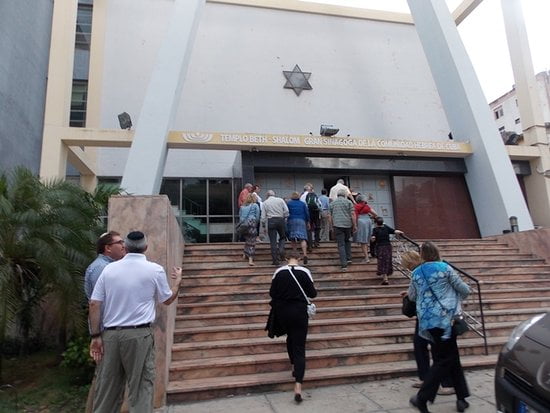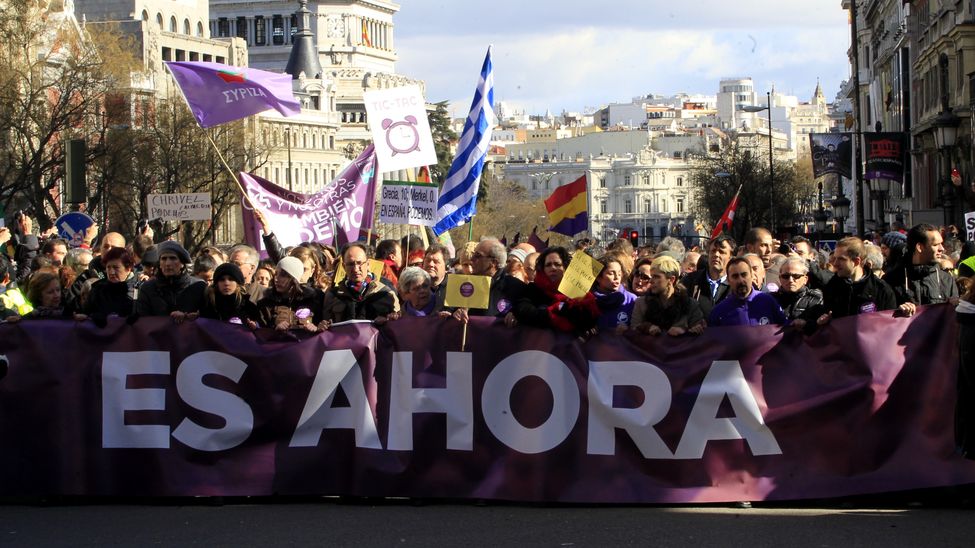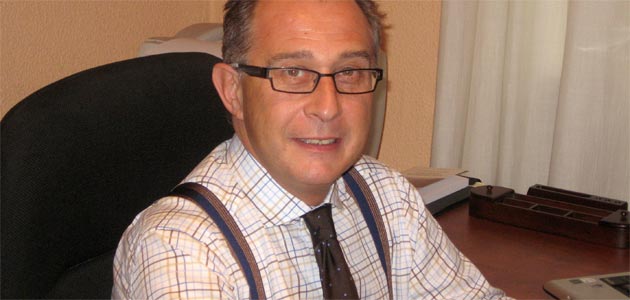What Life Is Like for Jews in Cuba (Mosaic)

Por Dovid Margolin
Now that Americans can easily visit the “Latin paradise,” I jumped at the opportunity to see first-hand the reality of life for its few remaining Jews. It isn’t pretty.
Less than four hours from New York by plane, the dreamy island destination of Cuba—fabled home to vintage American cars, Hemingway mojitos, and charming pastel-colored buildings, and so long closed off to the average American—is easy to get to today. I landed in Havana on the December 2016 day when Fidel Castro’s ashes were buried in the city of Santa Clara, the culmination of nine days of state-imposed, nation-wide mourning.
For generations of leftists, Havana’s fading glory—so unlike the austere grayness of the former Communist eastern bloc—carried a special allure; Cuba under Castro, wrote the late French historian François Furet, “represented a Latin paradise and communitarian warmth.” Now that Americans can easily visit this “Latin paradise,” where the propaganda posters continue to function as ever-present reminders of just who’s boss—yesterday Fidel, today his brother Raúl—I jumped at the opportunity to see first-hand the realities of life for, in particular, its remaining Jews.
Throughout its lifespan as a Communist nation, the Soviet Union held captive one of the largest Jewish populations on earth. By contrast, 94 percent of Cuba’s Jewish community left soon after Castro’s revolution, escaping to the freedom of the United States or Israel. If Jews and Jewish groups visiting their brethren in the Soviet Union back in the 70s and 80s brought books, ritual objects, or humanitarian aid and returned with news of fear, oppression, and poverty, many of today’s Jewish travelers to Communist Cuba return with a message considerably more upbeat.
“Cuba is a country of complexity and contradictions,” reported one Jewish mission leader on the Rabbis Without Borders blog in January:
It is some of what you have heard or imagined it to be, while also being entirely different from much of what you have heard or imagined. It is a place where the people are far less free in many ways and yet more free in other ways than we are in the USA.
Really? In Cuba I saw mild hunger, various levels of fear and paranoia, and people resigned to their fate. There was nothing complex or contradictory about it, and certainly nothing free. (…)
Seguir leyendo en Mosaic, 11-05-17
Foto: Entrada de la sinagoga ortodoxa de La Habana

